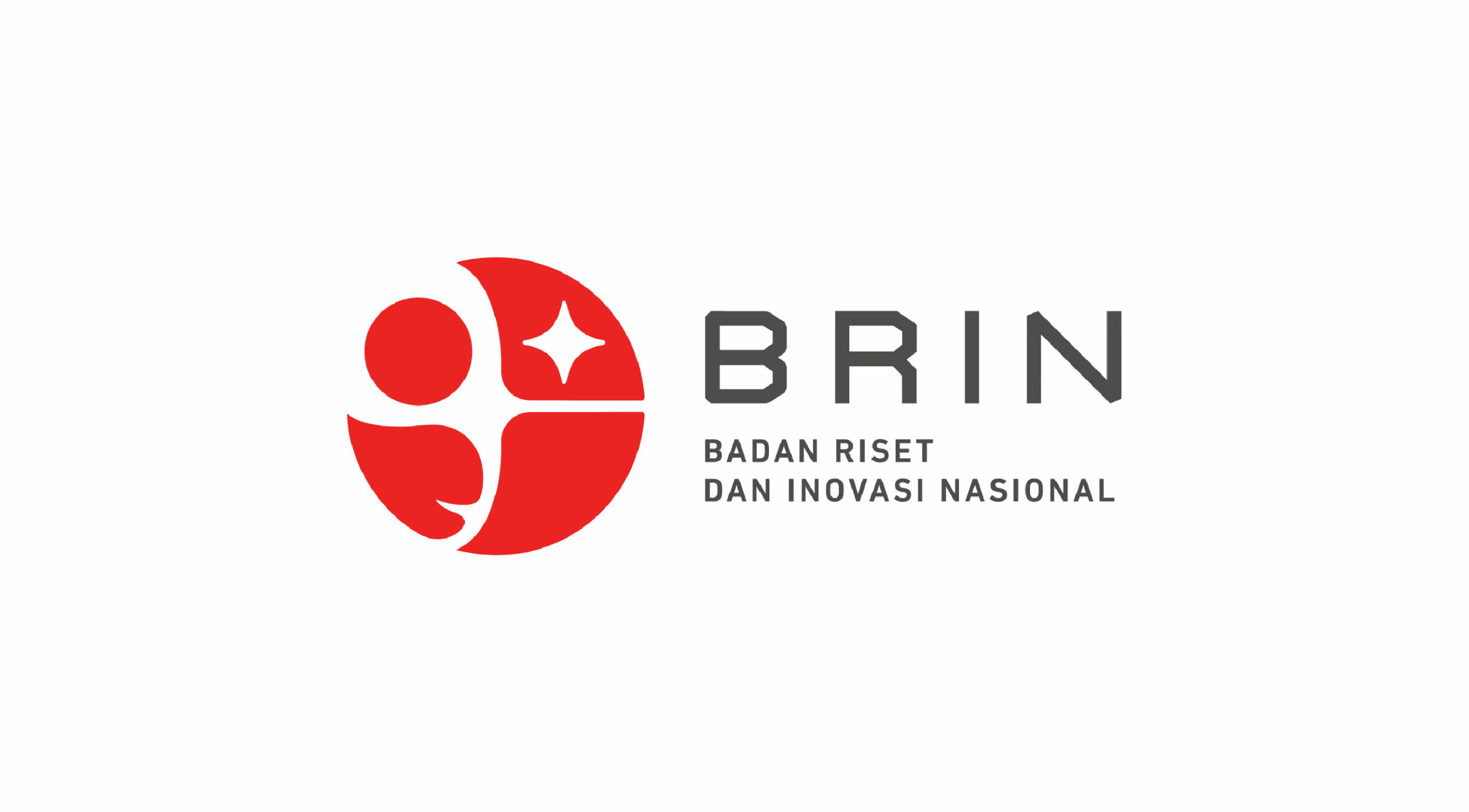Torch War Tradition in Jepara District, Central Java (The Study of Living Quran Q.S. Al-Baqarah 152)
DOI:
https://doi.org/10.33752/tjiss.v5i2.8469Keywords:
Al-Baqarah/2:152, Gift, Tradition, Torch WarAbstract
This study aims to understand more deeply the meaning of the torch war tradition in Tegal Sambi Village, Tahunan Subdistrict, Jepara Regency in the perspective of Q.S. Al-Baqarah/2: 152. The method of study is a qualitative through a phenomenological approach, the data of this study are obtained from observations, interviews, documentation, journal articles, books, tafsir books, and similar literature to explain the history of the Torch War tradition. The results of this study found that the symbolic meaning of the torch war is closely related to gratitude for the gifts of Allah SWT, in the form of crops and the sea. The local community connects this tradition with the content of Q.S. Al-Baqarah/2: 152, which shows the harmony between cultural practices and the Qur'an. In the torch war there are several symbols, the symbol of fire is interpreted as a cleanser of negative energy. The light of the torch as a symbol of illuminating the darkness with knowledge. The hard and dry coconut fronds symbolize strength and resilience. Dry banana leaves that are flammable and produce thick smoke symbolize fertility and purity. The relevance of the torch war culture with Q.S. Al-Baqarah/2:152 is that the torch war reflects human efforts to get closer to Allah, be grateful for His blessings, and cleanse themselves of all impurities of the heart.
Downloads
References
Agustina, A, E A Ismaya, and ... “Makna Tradisi Barikan Bagi Pendidikan Karakter Anak Desa Sedo Demak.” Jurnal Educatio FKIP … 7, no. 3 (2021): 1213–22. https://doi.org/10.31949/educatio.v7i3.1355.
Ahmad Abdurraziq Al bakri, Muhammad Adil Muhammad, Muhammad Abdul latif Khalaf, Mahmud Mursi Abdul hamid. Tafsir Ath-Thabari. Jilid 15. Jakarta: Pustaka Azzam, 2007.
Amaliyah, Efa Ida. “Nilai-Nilai Kearifan Lokal Dalam Tradisi Perang Obor Di Tegalsambi-Jepara Sebagai Karakteristik Islam Nusantara.” Jurnal Lektur Keagamaan 16, no. 2 (2018): Hal, 414. https://doi.org/10.31291/jlk.v16i2.552.
Apollo. Fenomenologi Dan Metode. PT. Nas Media Indonesia, 2023.
Fatah, Abdul. Al-Qur’an Dan Isu Kontemporer, Dilaketika Antara Teks Dan Realitas. Yogyakarta: Tonggak Media, 2023.
Hanafi, Hassan. Studi Filsafat 1: Pembacaan Atas Tradisi Islam Kontemporer. Edited by N. Kailani. Pt. Lkis Printing Cemerlang., 2015.
Hasbillah, Ahmad Ubaydi dan. Ilmu Living Qur’an-Hadis Ontologi, Dan Aksiologi. Banten: Yayasan Wakaf Darus-Sunnah, 2019.
Imam-Asy-Syaukani. Tafsir Fathul Qadir. Jakarta: Pustaka Azzam, 2008.
Ismail Bin Katsir. “Tafsir Ibnu Katsir.” In Lebanon : Dar Al-Kutub Al-Ilmiyah-Beirut, 107. Lebanon beirut, 2012.
Mahmudi, Idris. “ISLAM, BUDAYA GOTONG ROYONG DAN KEARIFAN LOKAL.” JURNAL PENELITIAN IPTEKS 2, no. 2 (2017): 138–47.
Masruroh, Nabila, Abdul Rahman, and Yosafat Hermawan. “Eksistensi Sedekah Bumi Di Era Modern: Desa Wisata Plesungan Kecamatan Gondangrejo Kabupaten Karanganyar.” Satwika : Kajian Ilmu Budaya Dan Perubahan Sosial 5, no. 2 (2021): 268–83. https://doi.org/10.22219/satwika.v5i2.17209.
Mubarok, Muh Ibnu, and M Rusydi. “Living Qur’an Dalam Tradisi Tingkeban (Syukuran Tujuh Bulanan Ibu Hamil) Untuk Meningkatkan Nilai Spiritual Masyarakat.” ICHES: International Conference on Humanity Education and Society LIVING 3, no. 1 (2024): 1–10.
Musa, Abu Yahya Marwan bin. “Tafsir Al-Qur’an Hidayatul Insan,” 2024. Hal, 139-140.
Noor Fitrian, Alvin, and Wulan Septiyani. “Mengkaji Nilai-Nilai Kearifan Lokal Perang Obor Terhadap Semangat Nasionalisme, Hal, 1-12.” Jurnal Paris Langkis 1, no. 2 (2021): 1–12. https://doi.org/10.37304/paris.v1i2.2500.
Nor Hasan & Edi Susanto. Relasi Agama Dan Tradisi Lokal (Studi Fenomenologis Tradisi Dhammong Di Madura). Surabaya: CV. Jakad Media Publishing, 2019.
Nuzulia, Mitatun, and Abdul Fatah. “Living Qur ’ an : Telaah Tradisi Larung Sesaji Di Masyarakat Jawa Dalam Perspektif Al- Qur ’ an.” Minaret Journal of Religious Studies 1, no. 1 (2023): 55–69.
Pradipta, Made Prasta Yostitia. “Analisis Prosesi Tradisi Kirab Pusaka Satu Sura.” Jurnal Jempper 1, no. 1 (2022): Hak, 49. https://doi.org/10.55606/jempper.v1i1.191.
Setiawan, Anggito & Johan. Metodologi Penelitian Kualitatif. Pertama. Sukabumi: Jejak Publisher, 2018.
Shihab, M. Quraish. Tafsir Al-Mishbah: Pesan, Kesan, Dan Keserasian Al-Qur’an. Jakarta: Lentera Hati, 2002.
———. Tafsir AL-Mishbah (Pesan, Kesan Dan Keserasihan Al-Qur’an). jakarta: Lentera Hati, 2002.
Subqi, Imam. “Nilai-Nilai Sosial-Religius Dalam Tradisi Meron Di Masyarakat Gunung Kendeng Kabupaten Pati.” Heritage 1, no. 2 (2020): Hal, 175. https://doi.org/10.35719/hrtg.v1i2.21.
Tessa Eka Darmayanti. Akulturasi Budaya Kompleks Masjid Agung Banten. Pertama. Kabupaten Bandung: WIDINA MEDIA UTAMA, n.d.
Teungku Muhammad Hasbi ash-Shiddieqy. Tafsir AN-NUUR. Edited by M.A. Dr. H. Nourouzzaman Shiddiqi and H. Z. Fnad Hasbi ash-Shidiiieqy. 2nd ed. Semarang: PT. PUSTAKA RIZKI PUTRA, 2000.
“Wawancara Di Desa Tegal Sambi, Kecamatan Tahunan, Kabupaten Jepara, Hari Rabu, 3 Juli 2024a,” n.d.
“Wawancara Di Desa Tegal Sambi, Kecamatan Tahunan, Kabupaten Jepara, Hari Rabu, 3 Juli 2024b,” n.d.
“Wawancara Di Desa Tegal Sambi, Kecamatan Tahunan, Kabupaten Jepara, Hari Rabu, 3 Juli 2024c,” n.d.
“Wawancara Di Desa Tegal Sambi, Kecamatan Tahunan, Kabupaten Jepara, Hari Selasa, 2 Juli 2024a,” n.d.
Wiediharto, Valencia Tamara, I Nyoman Ruja, and Agus Purnomo. “Nilai-Nilai Kearifan Lokal Tradisi Suran.” Diakronika 20, no. 1 (2020): Hal, 16-19. https://doi.org/10.24036/diakronika/vol20-iss1/122.
Zulfikri & Az Zafi. “Tradisi Nahdlatul Ulama Dalam Prespektif Hukum Islam.” Wahana Akademika: Jurnal Studi Islam, Journal.Walisongo.Ac.Id, 200AD, Hal, 1-12.
Downloads
Published
How to Cite
Issue
Section
License
Copyright (c) 2024 Muhammad Irwansyah, Abdul Fatah

This work is licensed under a Creative Commons Attribution 4.0 International License.
Based on the license terms, users are free to:
- Share: copy and redistribute the material in any medium or format
- Adapt: mix, transform, and build upon the material for any purpose, even commercially.
- The licensor cannot revoke these freedoms as long as you follow the license terms.
Under the following terms:
- Attribution: You must give appropriate credit, provide a link to the license, and indicate if changes were made. You may do so in any reasonable manner, but not in any way that suggests the licensor endorses you or your use.
- No additional restrictions: You may not apply legal terms or technological measures that legally restrict others from doing anything the license permits.
















